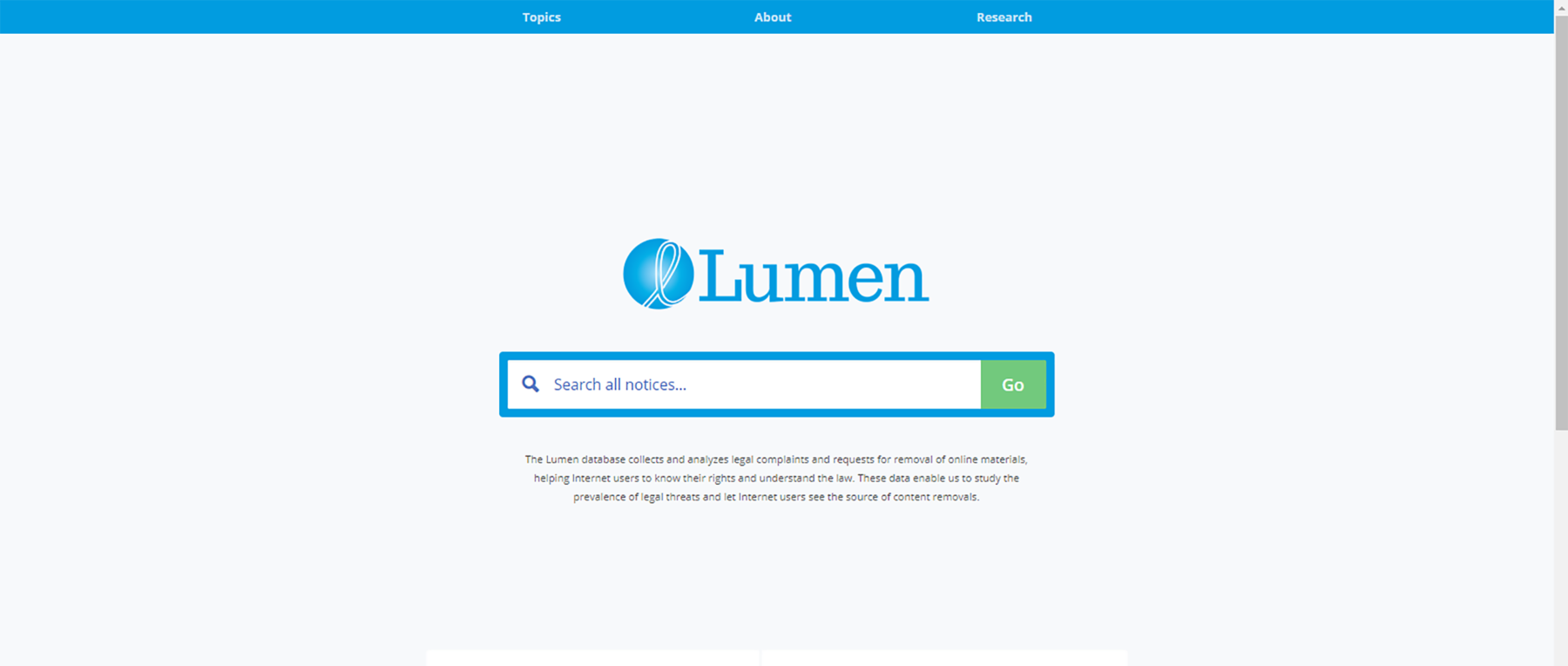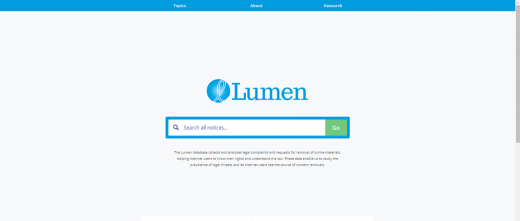WSJ Identifies Thousands Of Links On Google That Vanished
WSJ Identifies Thousands Of Links On Google That Vanished

The Wall Street Journal has identified hundreds of instances in which individuals or companies often used fake identities convincing Google to remove links to unfavorable articles and blog posts that alleged wrongdoing by convicted criminals, foreign officials and businesspeople in the U.S. and abroad.
“Googling certain keywords in March would find an article detailing the movements of two coronavirus-infected British tourists in Vietnam and warning others who visited the same places to take precautions,” the WSJ reports. Now those articles are gone from search results.
The articles were removed in response to copyright complaints, although the WSJ found during its analysis of information that this was not true.
Takedown requests are often from media companies requesting pirated copies of a movie or album be removed from search results.
Publishers and news outlets have also requested Google to remove infringing material from Google Search.
Some requests, however, appear to be from people manipulating the system in ways that were unintended. There have been more than four billion requests for link removal sent to Google since 2011.
This is not a new scam, according to Harvard Law Today. The site reports that while Google removed links to online content in response to court orders daily, some people will deliberately falsify and submit court documents requesting the removal of content.
Research using the Berkman Klein Center for Internet & Society’s Lumen database shows the problem is larger than previously understood.
Professor Eugene Volokh at the University of California, Los Angeles in 2016 found that during a four-year period, nearly 200 out of 700 court orders submitted to Google were “either obviously forged or fraudulent or at least highly suspicious cases.” This includes at least 80 forgeries. And it’s possible that it’s only the “tip of the iceberg,”
(17)


